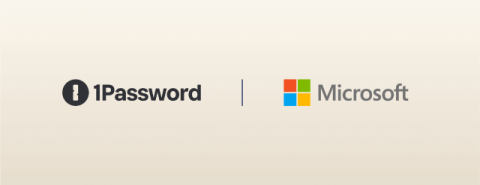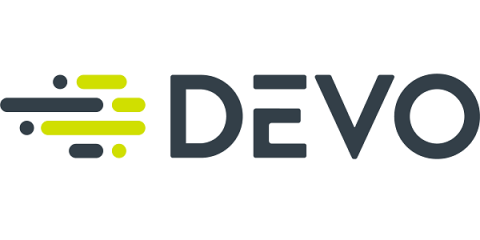Shadow APIs vs Zombie APIs - All You Need to Know
In the age of digital-first businesses, every other software solution either uses an API (Application Programming Interface) or makes one. They enable various applications and services to work together, enabling businesses to improve features, streamline user experience, and provide new exciting offerings. Unfortunately, the more APIs we collect and interact with, the more security challenges increase.













